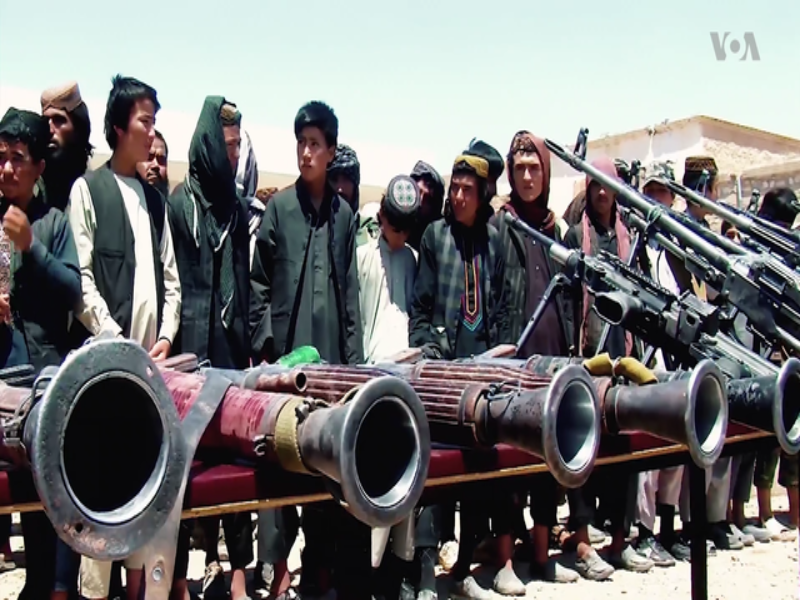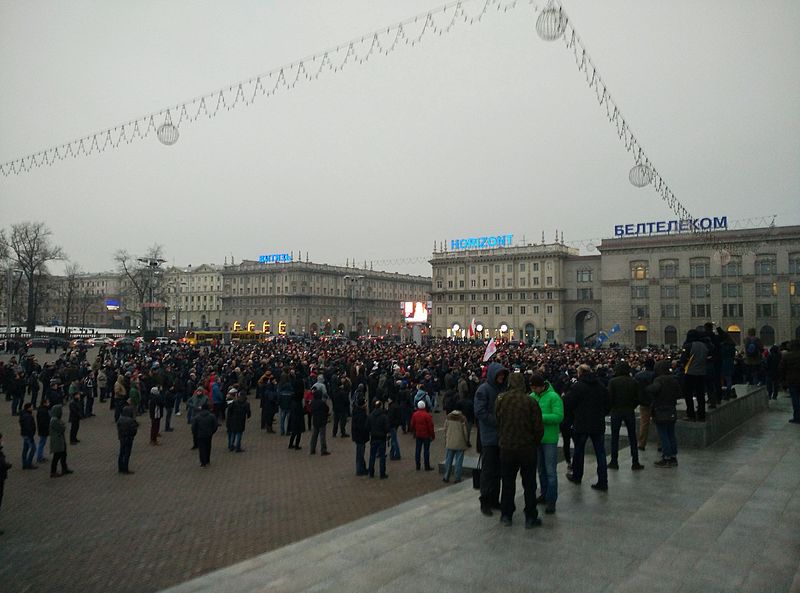The Islamic State – Khorasan Province (ISIS-K) is an Islamic State affiliate that emerged in late 2014 as a splinter group of the Pakistani Taliban. ISIS-K is an autonomous franchise operation granted by the Islamic State leadership; the “Islamic State” brand gives ISIS-K name recognition, credibility, and access to funding and resources. The militia is based in the eastern province of Nangarhar, Afghanistan, and is estimated to have around 3000 fighters. The group’s ambition is to establish an Islamic State in Central Asia that adheres to its Jihadi-Salafi ideology. The Taliban, on the contrary, pledges fealty to an alternative Sunni Islamic sectarian school, the Hanafi madhhab, which ISIS-K considers deficient. Furthermore, ISIS-K abhors nationalism, which counters the Taliban’s more regional goal of ruling over Afghanistan as a nation-state. ISIS-K fervently adheres to its Jihadi-Salafi ideology, highlighting the “purity” of its opposition to idol worship.
ISIS-K’s leader is named Shahab al-Mujahir. He focuses on expansion and recruitment in Central Asia and has masterminded significant attacks in Kabul on Shiite targets and other religious minorities. The group recruits anti-Taliban Afghans, especially in northern Afghanistan, concentrating on influencing young people from non-Pashtun ethnic minorities, such as Uzbeks, Tajiks and Balochis through campaigns that exploit the minority position and sectarianism across Central and South Asia. It leverages instability between Kyrgyzstan and Tajikistan, economic uncertainty in Pakistan, and rising Hindu Nationalism in India to entice young individuals to join its ranks.
ISIS-K’s goals in Central Asia include deposing the Pakistani government, attacking the Iranian government for its leadership of the Shiites, purging Afghanistan by removing the Afghan Taliban as the main jihadi movement in that country, and subordinating recalcitrant minority groups, such as the Hazaras. The militia utilizes its rural networks to gain territorial control in the provinces of Nangarhar and Kumar. There are also strong connections between ISIS-K and the Haqqani network, which is closely linked to the Taliban, as well. According to Dr. Sajjan Gohel from the Asia Pacific Foundation, “several major attacks between 2019 and 2021 involved collaboration between ISIS-K and the Taliban’s Haqqani network and other terror groups based in Pakistan.” Despite these tactical collaborations, ISIS-K represents a strategic security challenge to the Taliban government; in 2022, the Taliban coordinated a crackdown on the group, effectively limiting ISIS-K attacks inside Afghanistan. Data from the Armed Conflict Location Event Database (ACLEAD) indicates that the group’s attacks declined by about 94% in Afghanistan between January 2022 and April 2024. However, the group still managed to successfully execute some terrorist actions in those past couple of years.
ISIS-K has conducted many deadly attacks in the last few years, one of them was the suicide attack that killed thirteen US military service members and around 170 Afghans outside Kabul airport in August 2021, during the American troop withdrawal. The group has increased and intensified its attacks in and around Afghanistan after the US-led foreign military withdrawal from the country. Moreover, in 2022, ISIS-K carried out several rocket launches into neighbouring Tajikistan and Uzbekistan, and they also conducted a deadly suicide bombing of a Shiite Mosque in the northwestern city of Peshawar in Pakistan, which killed more than sixty worshipers from the minority sect. Earlier this year, ISIS-K claimed responsibility for a deadly bomb attack in Iran that killed eighty-four people.
However, ISIS-K’s most significant attack was the most recent one at a concert hall in Moscow last March, which killed around 140 Russians. The attack was carried out by two Tajik ISIS-K gunmen who started shooting and opening fire at people in the hall. The gunmen were captured and prosecuted by Russian authorities afterwards. Washington shared intelligence with the Kremlin weeks before the attack in conformity with the long-established practice of “duty-to-warn,” but Russian President Vladimir Putin ignored the American signals. The United States wanted to help Russia monitor and take down members of ISIS-K because of how it has become a regional threat that could kill thousands of civilians in Central Asia and possibly in the Western Bloc.
ISIS-K has accused the Kremlin of killing Muslims in their interventions in Afghanistan, Syria, and Chechnya. On top of that, ISIS-K claimed that the Moscow attack was meant to embarrass the Taliban government, damaging its counter-terror pledges and discouraging Chinese and Russian investment in Afghanistan. The broader sphere of activity in which Russia is involved, such as West Africa, Central Asia, and Ukraine, has extended the range of Russian targets vulnerable to jihadist attacks and has made it more likely that ISIS-K will facilitate attacks in the name of combating an intrusive, infidel power. It is not coincidental that the men who attacked the concert hall in Moscow were Tajiks, which speaks to the success of ISIS-K recruitment among various Central Asian minority groups inside and outside of Afghanistan.
The attack in March could bring the Kremlin closer to the Taliban, which, ironically, could make Russia even more vulnerable to targeting by ISIS-K. This kind of partnership, though, is not far-fetched, as even the United States and the Taliban have worked together in the past; the US military supported the Taliban’s targeting of ISIS-K by intercepting the Taliban’s radio communications to identify where the Taliban needed help targeting ISIS-K. The United States government could potentially work with the Taliban for joint neutralization of ISIS-K through intelligence-sharing, but that will require a significant amount of trust between both governments.
The likelihood of a U.S, Russian, and Taliban trilateral cooperation is even more unlikely, given that they each have different geopolitical goals. However, as strange as it seems, it is a possible, pragmatic development, given the instances in the past of cooperation between these actors. It is a useful lesson in the truth that even enemies can work together for expediency’ sake. The challenge, in such a case, would be to limit intelligence-sharing to dealing with this one isolated problem of ISIS-K alone and guard against the possibility that such cooperation could be used by Russia or the Taliban to gather intelligence on the United States or its allies for future, nefarious use. In the meantime, governments, NGOs, and counter-terrorism agencies must collaborate and focus on gathering intelligence regarding ISIS-K’s potential subsequent attacks and their operations in Central Asia. This proactive approach is essential to prevent another deadly attack from occurring, including on Allied soil.
Photo: Islamic State fighters who have surrendered to Afghan government forces in April 2018, after having been defeated by the Taliban, 2018, Public domain, via Wikimedia Commons
Disclaimer: Any views or opinions expressed in articles are solely those of the authors and do not necessarily represent the views of the NATO Association of Canada.




